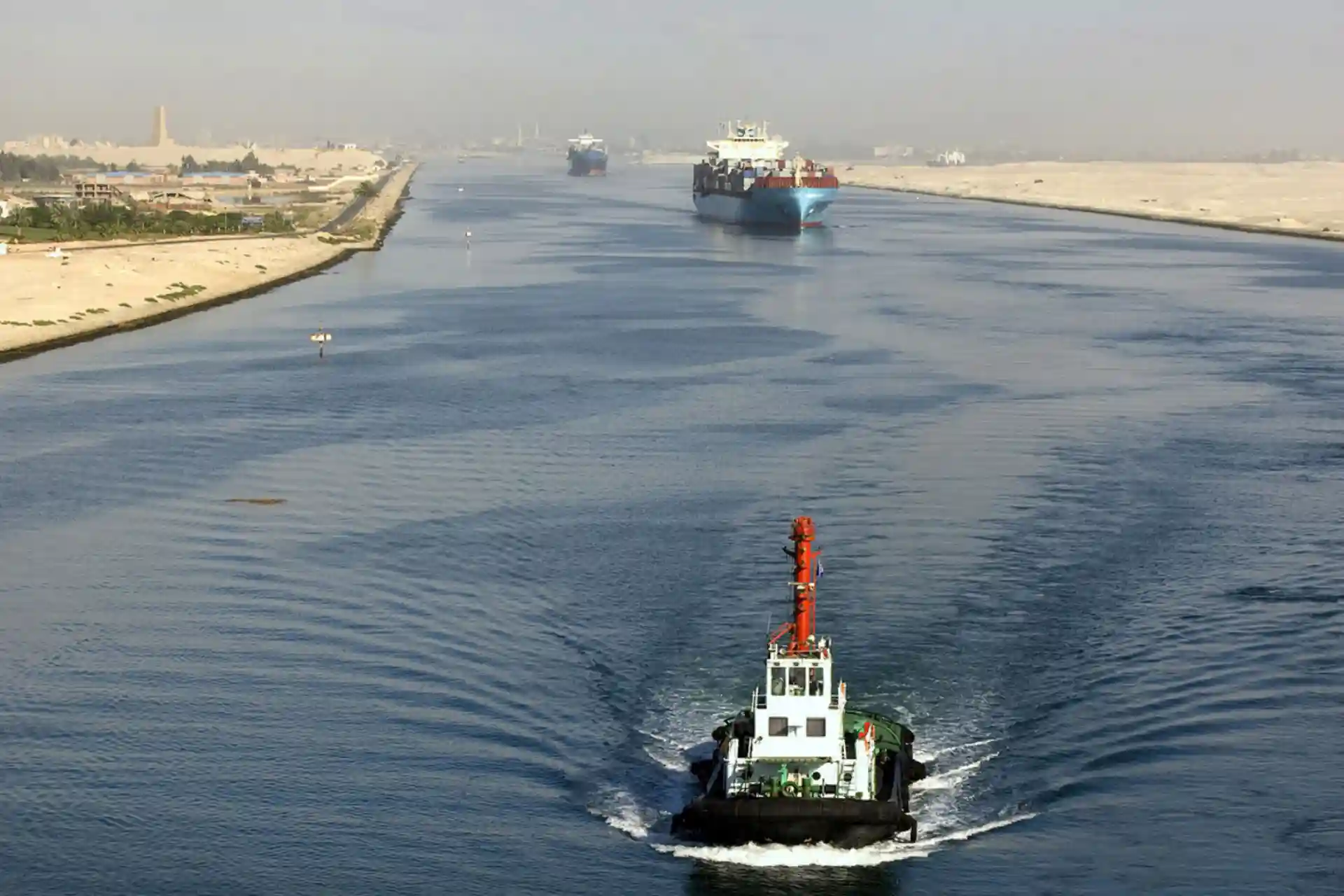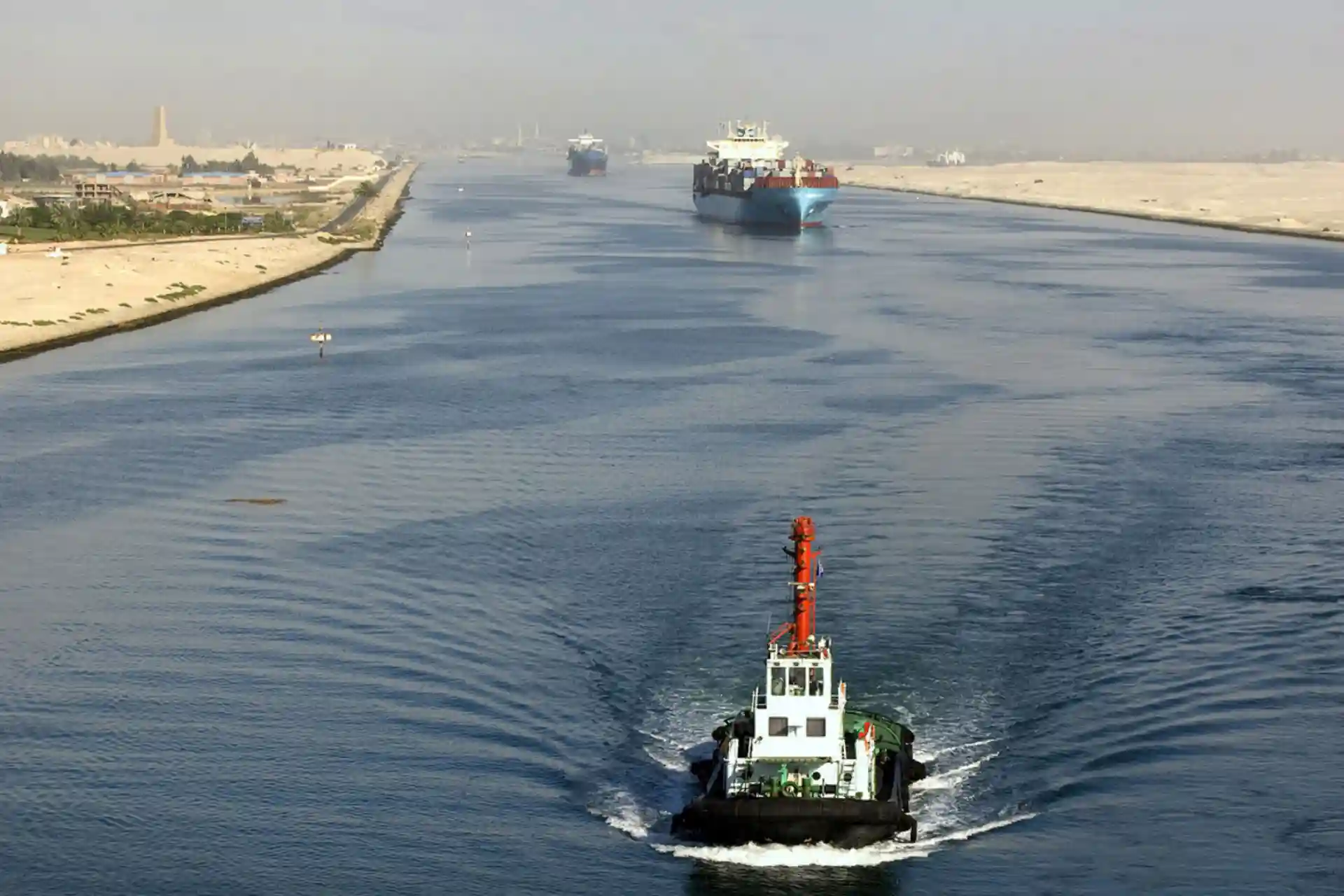The Egyptian pound depreciated by 60 percent
The Egyptian pound, the world's 18th largest economy, depreciated by 60 percent as the central bank raised its key rate by 600 basis points, or 27.25 percent. The IMF wants to provide the country with an emergency loan of 8 billion dollars. Why are such problems in Egypt dangerous for the world and the region? What are the initial findings and projections?
The Central Bank of Egypt has decided to increase the key rate by 600 basis points, or 27.25 percent, Xinhua reports.
The Central Bank wants to speed up the process of tightening the monetary policy in order to accelerate the process of disinflation and ensure the reduction of the base inflation level.
Despite a recent decline in annual inflation, the country is expected to average well above the central bank's target of 7 percent (±2 percentage points) in the fourth quarter of 2024.
The Black Sea Strategy Institute estimates that emergency measures to prevent the collapse of the Egyptian pound, such as interest rate hikes and an emergency loan of $8 billion from the IMF, will kill all credit to the economy, as in Turkey (ie, no sector in the economy will profit above these rates ) and 8 billion dollars will be a drop in the ocean to satisfy the appetite of government officials.
Why are such problems in Egypt dangerous for the world and the region?
1. Egypt is the largest country in the Arab world (more than 100 million people , about one-third of all Arabs in the world), and global problems there affect all Arabs.
2. Egypt is one of the guarantors of regional security. Egypt's opinion on all military and political processes in the Middle East is taken into account by the United States, Israel, Iran, China and Russia, and many adventures have not been carried out by one or another participant precisely because of Egyptian resistance.
3. Egypt also has great influence in North Africa and is directly involved in events in Sudan, Ethiopia, Libya, Chad, Somalia and other countries of the continent.
4. At the moment, the Egyptian dictatorship has not learned any lessons from the "Arab Spring" and has not solved any of the pressing issues on the agenda - all political processes are simply soaked in blood. For Egypt, the Arab Spring turned first into the presidency of Morsi (from Ikhwan al-Muslimi y n), and then into the dictatorship of Sisi, who succeeded Mubarak.
5. In addition, Egypt's economic situation had already been severely damaged by the millions of refugees from Syria and Palestine, as well as by the sharp decline in revenue from shipping through the Suez Canal (due to the Hussites).
For the regional security of Africa and Asia, Egypt is a pillar of support, although it is pro-American and pro - Saudi. And now this "pillar", as it turns out, is economically rotten and cracked.
Preliminary conclusions and predictions:
1. A devaluation of the pound allows for budget cuts without deficits, but also robs Egyptians of the same 60 percent . This will dramatically increase the tension in the society.
2. In such conditions, a local "Egyptian Spring" may occur . As a result, it will inevitably exclude Egypt from all regional political processes. This weakens the positions of the US and Saudi Arabia and frees the hand of Israel on the one hand and the neglected bloc (China-Russia-Iran) on the other, which is an additional reason for the escalation of all conflicts in the region.



